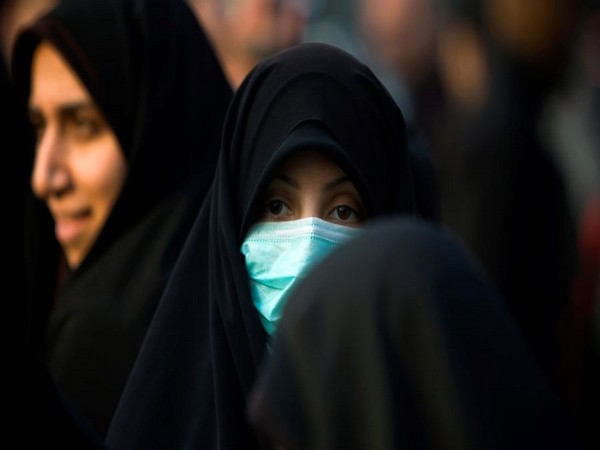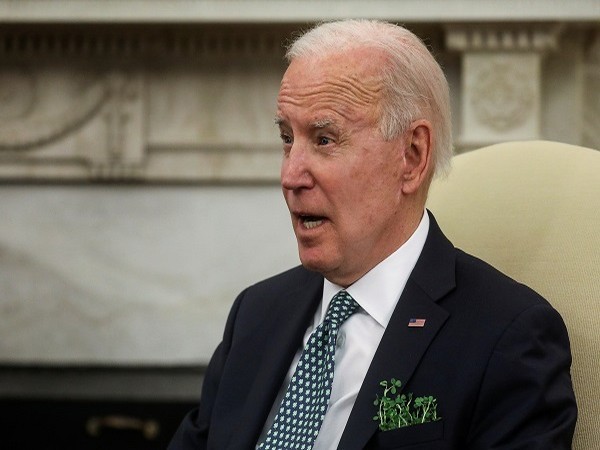Women violating dress code to face 10 years jail in Iran
Sep 21, 2023
Tehran [Iran], September 21: Iranian women who flout the strict Islamic dress code mandating head coverings and modest clothing would face up to 10 years' prison under a bill passed on Wednesday. The push to step up penalties comes a year after a wave of protests sparked by the death of 22-year-old MahsaAmini, who had been arrested for allegedly breaching the rules.
Since then, a growing number of Iranian women have been seen in public without hijab head scarves or observing the rules against clothes that are deemed too tight-fitting or otherwise revealing. Iran's legislature approved "the 'Support for the Culture of Hijab and Chastity' bill for a trial period of three years," the official IRNA news agency reported.
Out of the 290 lawmakers, 152 voted in favor, 35 against, and seven abstained, with the remainder absent. The bill still requires approval by the Guardian Council. Last year's protests, labelled foreign-instigated "riots" by Iranian authorities, saw hundreds of people killed, including dozens of security personnel, and thousands arrested.
Under the bill, violations would be punished most severely if they are considered linked to what Iran regards as hostile foreign forces. Women breaching the dress rules "in cooperation with foreign or hostile governments, media, groups or organizations" could face five to 10 years' prison. Those seen "half-naked in public spaces" would also face lengthy jail terms.
Fines and prison
Women driving cars without a hijab or wearing "inappropriate clothing" would be fined five million rials, or around $10. The draft law also imposes fines against anyone "promoting nudity" or "mocking the hijab" in the media. Business owners whose female staff break the dress rules could be banned from exiting the country. As many Iranian women have flouted the rules, especially in Tehran, Iran's executive and judiciary in May proposed the bill to "protect society" and "strengthen family life".
Iran's ruling conservatives have argued that relaxing the rules would rupture "social norms". In August, Iran's ultraconservative President EbrahimRaisi declared that the practice "of women not wearing the hijab will definitely be brought to an end". A United Nations fact-finding mission warned on September 14 that the bill, if passed, would "expose women and girls to increased risks of violence, harassment and arbitrary detention".
Covering the head and neck has been compulsory for women in Iran since the republic's early years following the 1979 Islamic revolution. Authorities and police patrols have in recent months stepped up measures against women and businesses who fail to observe the dress code. Businesses have been closed over non-compliance and surveillance cameras have been installed in public places to monitor violations. - AFP
Source: Kuwait Times








